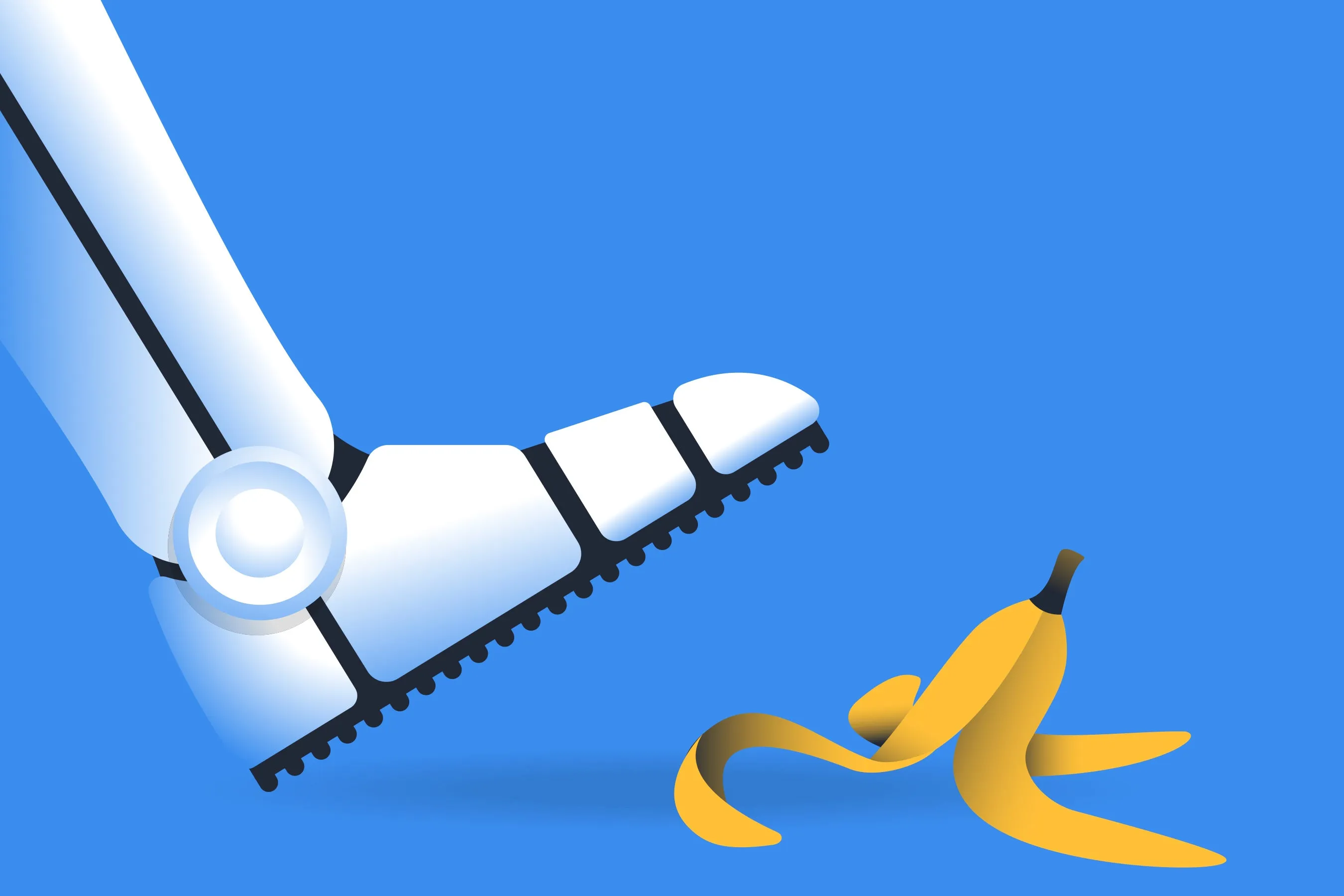Please Don’t Ask AI If Something Is Poisonous – Explore the Limitations of AI in Toxicology

Exploring AI’s Limitations in Toxicology
Please don’t ask AI if something is poisonous, reflects a significant challenge within the healthcare field. Despite advancements in technology, AI lacks the nuanced understanding required to assess toxicity accurately. Decisions based solely on algorithmic responses can endanger lives and misrepresent risks.
Why AI Fails in Poison Assessments
- Incomplete Data: Algorithms often function based on existing datasets, which may not cover all toxic substances or their effects.
- Contextual Nuances: Toxicity can vary based on numerous factors, including dosage and individual biology, which AI might overlook.
- False Security: Relying on AI-generated answers can provide a false sense of security, potentially leading to harmful outcomes.
Best Practices for Toxicology Queries
- Consult healthcare professionals for reliable assessments.
- Utilize accredited resources focused on toxicological data.
- Stay informed about recent advancements in both AI and toxicology.
In summary, while AI brings great innovations, its application in determining if something is poisonous should be approached with caution. Always prioritize human expertise in matters of health and safety.
This article was prepared using information from open sources in accordance with the principles of Ethical Policy. The editorial team is not responsible for absolute accuracy, as it relies on data from the sources referenced.